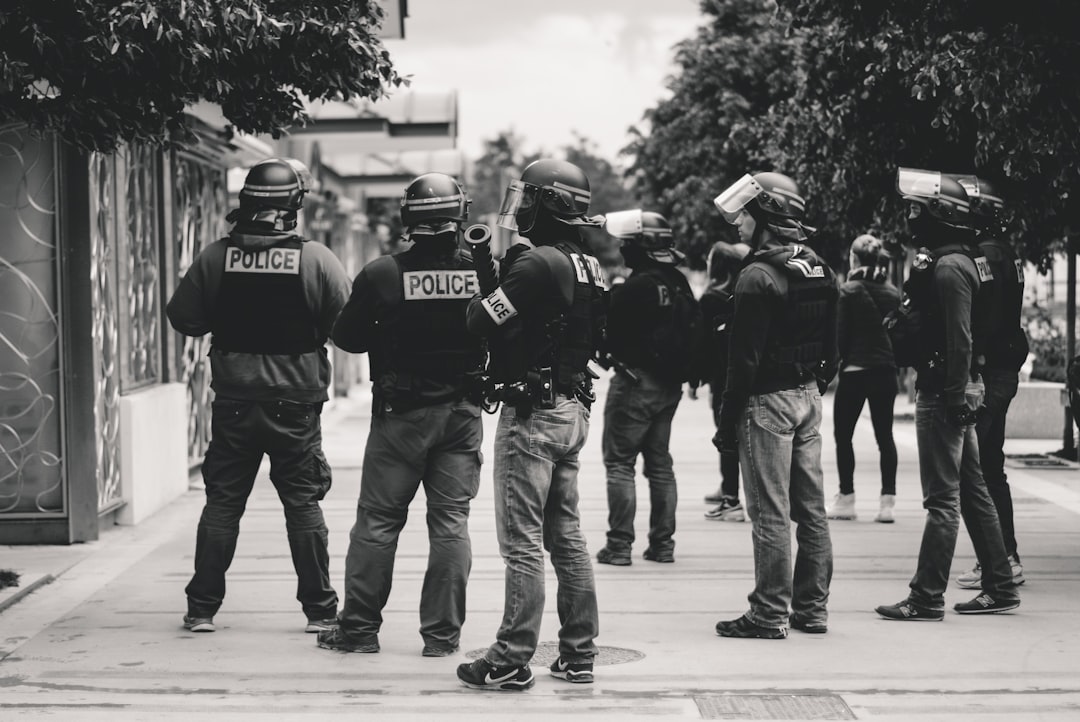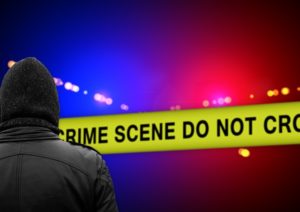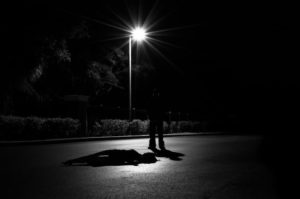
First, you’ll have to successfully complete the lengthy and detailed employment application. Then, you’ll have to pass the physical fitness test, written exam, polygraph test, and the oral board interview just to name a few more steps.
The toughest test of them all will be waiting for you at the Utah police academy. To be perfectly honest with you, the trainees that you see on day one probably won’t be there on the final graduation day. Some recruits will be eliminated as a result of poor physical conditioning, while others will get dismissed because of a poor score on their curriculum course exams.
That’s why it’s so important to study up on the police academy curriculum no less than two weeks before you go to the academy. You can study up on the curriculum by downloading a police academy preparation guide at any law enforcement website.
Here are some of the requirements needed to be a police officer in Utah, as well as what is needed to enroll in the police training academy.
Utah Police Academy Requirements and Utah Police Officer Qualifications
- Applicant must be a U.S. Citizen.
- Applicant must be at least 21 years of age as of initial test date.
- Applicant must have a high school diploma or equivalent.
- An employee in uniform is prohibited from having a tattoo anywhere on their body that is visible while in a short sleeve uniform.
- Applicant may not have received more than three (3) minor traffic violations within two (2) years prior to the initial test date.
- The following are not considered minor traffic violations and may be used to determine the moral character of the applicant: driving under the influence of alcohol or drugs; automobile homicide; reckless driving; evading a police officer; driving on suspension or revocation; negligent homicide; failure to maintain automobile insurance.
- Applicants may not have been convicted of driving under the influence of alcohol or drugs, or pled guilty to a lesser change within two (2) years prior to the initial test date.
- Applicants may not have been convicted of driving under the influence of alcohol or drugs, or pled guilty to a lesser charge within two (2) years prior to the initial test date.
- Any activity involving the abuse of alcohol may be considered in determining the eligibility of peace officer certification.
- Applicants may not have been convicted of, or used hard drugs within five (5) years prior to the initial test date.
- Applicants may not have been convicted of, or involved in the sale, manufacturing or cultivation of illegal drugs within five (5) years prior to the initial test date.
- Applicants may not have been convicted of a felony as an adult. Felony convictions as a juvenile will be individually evaluated.
- Applicant may not have been convicted of a misdemeanor crime of domestic violence.
- Applicants may not have been convicted of, or involved in crimes of dishonesty within four (4) years prior to the initial test date. Crimes of dishonesty include, but are not limited to, the following: theft; fraud; tax evasion; issuing bad checks; financial transaction credit card offenses; deceptive business practices; defrauding creditors; robbery; bribery or receiving a bribe; perjury; extortion; arson; criminal mischief; falsifying government records; custodial interference; forgery; receiving stolen property; firearms violations; burglary; criminal trespass; vandalism; kidnaping; furnishing or permitting minors to use tobacco or alcohol; violations of the computer crimes act; offenses against the administration of government; violations against the public order and decency act; violations of the pornographic and harmful materials and performances act; violations of the racketeering enterprises act; violations of the cable television programming decency act; violations of the communications fraud act; violations of wildlife laws.
- Applicants may not have been convicted of, or involved in crimes of unlawful sexual conduct within four (4) years prior to the initial test date.
- Applicants may not have been convicted of, or involved in crimes of physical violence within four (4) years prior to the initial test date.
- Applicants may not have been convicted of, or involved in minor crimes other than traffic within one (1) year prior to the initial test date. In cases where arrest warrants are issued, the one year time will begin at the time of the warrant service.
- Applicants may not have a military discharge other than honorable.
Here’s a complete list of the state approved law enforcement training academies in Utah. If you want information on tuition, physical fitness test, and the curriculum course exams. Contact the facility directly below.
PEACE OFFICER STANDARDS AND TRAINING
4525 S 2700 W
Salt Lake City, Utah 84119
Phone: 801-965-4369
Fax: 801-965-4619
UTAH STATE HIGHWAY PATROL TRAINING SECTION
5757 S 320th W
Murray, Utah 84107
Phone: 801-965-4550
Fax: 801-965-4558
WEBER STATE UNIV CONT ED POLICE ACADEMY
3750 Harrison Blvd
Ogden, Utah 84408
Phone: 801-626-7949
Fax: 801-626-7978
Bridgerland Applied Technology College Police Academy
1301 N. 600 W
Logan, UT 84323
Phone: 435-994-1711
Dixie State College of Utah
112 S 700 W
Hurricane, UT 84737
Phone: 435-652-7916
Salt Lake Community College Police Academy
9750 South 300 Wes
Sandy, UT 84070
Phone: 801-957-3930
Utah Department of Corrections (Fred House) Academy
14727 Minuteman Dr.
Draper, UT 84020
Phone: 801-256-2459






